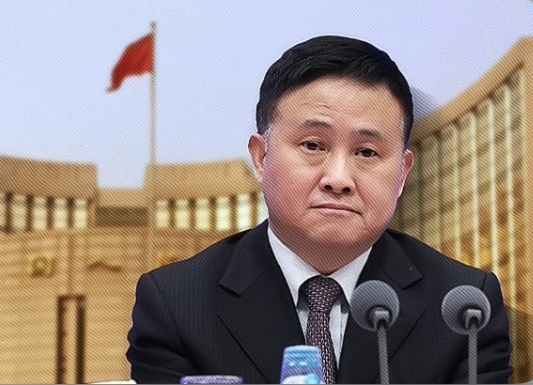The PBOC has been silent on Pan’s present crypto stance and current ban on cryptos.
The selection of Pan demonstrates the central bank’s continued opposition to crypto.
The recent reorganization at the People’s Bank of China (PBOC) has dashed expectations for a reversal of China’s prohibition on digital-asset trading, which has been in effect since September 2021. However, Bloomberg notes that the nomination of Pan Gongsheng, a veteran Communist Party leader, as PBOC governor, indicates a dedication to policy consistency.
Pan’s appointment has revived attention to his controversial statements made during an earlier crypto crackdown, including a prediction that Bitcoin will eventually die, made in 2017.
Crypto Opposition Continues
However, the PBOC has been silent on Pan’s present crypto stance and the future of China’s prohibition on digital assets. The China Economic Daily, the Communist Party’s mouthpiece, hinted at tighter limitations on NFTs (or “digital collections”) last year.
Bloomberg analyst David Qu is among many who believe the PBOC’s selection of Pan demonstrates the central bank’s continued opposition to crypto. Since mainland Chinese people see Hong Kong as an international market, the advances there are of little consequence, as pointed out by Qu. Historically, PBOC governors have not backed crypto.
As the government prioritizes the creation of the digital yuan, even high-ranking officials outside the central bank are skeptical about cryptos. The e-CNY, or digital yuan, took a giant step forward at the start of the year with the release of the digital yuan app’s beta version for iOS and Android.
Some have predicted that China may relax its prohibition on cryptocurrencies as a result of Hong Kong’s pro-crypto turn. Hong Kong has made it clear that it wants to be the global crypto hub with its policies governing cryptocurrencies.

